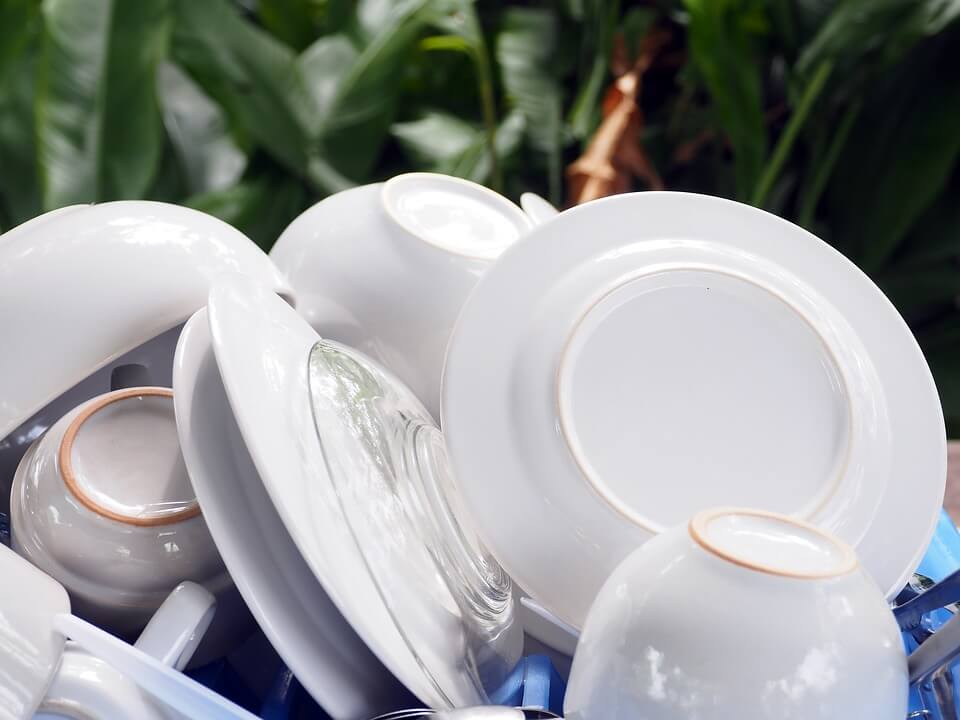What Are Water Softeners And Why Do You Need It?

Not all fresh water is the same. Many people may not be familiar with the difference between soft water and hard water. What makes hard water hard is the type and amount of minerals in it. Hard water doesn't have a lot of fans since it can ruin appliances such as heaters and washing machines, not to mention their damage to the skin. You may not know it, but one of the probable reasons causing all these plumbing and corrosion issues is hard water.
Fortunately, there is a way to convert hard water into soft water. This is an overview of water softeners and their long-term benefits.
The Conversion Process
Tiny minerals that can't be seen with the naked eyes aren't the easiest things to be removed from the water. Fortunately, technology has enabled us to find a way to remove these harmful minerals from the water in the most seamless ways. It's important to note that not all water softeners do the same exact job. You can read this article to see how they differ from each other. You'll want to take into consideration the capacity and power of the softener system before purchasing. The science behind water softeners involves a chemical process called ion exchange. It works on removing calcium, magnesium, manganese, and other problematic minerals then replacing it with sodium ions. Long story short, sodium ions have a weak electric charge that allows them to be exchanged with other minerals. The exchange causes these minerals to become entrapped in filters as they increase in size.
Regeneration Process
A water softening system cannot run all the time without cleaning and recharging its tanks. You'll notice that water softeners are equipped with a second tank; the same tank the consumer adds a certain type of salt in. The salt solution is known as brine, giving the secondary tank the name “brine tank”. For the regeneration process to commence, the brine solution is sucked into the main softener tank. The ion exchange solution that happens during the conversion process happens again during the regeneration phase of the water softener but in reverse.
Saving Money
Every time hard water passes through your pipes, it attaches to your pipe, making an inconvenient build up that ends up clogging the pipe after a while. The damage that these minerals can cause to your pipe are not mild. It will eventually cost you a lot to repair or undo the damage caused by hard water. Your appliances are not exempt from the wide damage hard water causes. Soft water will keep your appliances working for a prolonged lifetime compared to hard water.
The damage of hard water on heaters is one of the most annoying and expensive problems you can face with heaters. Hard water causes the pipes to narrow down due to the mineral buildup, causing you to increase the water pressure and heating levels. Water softeners can do a pretty good job in saving you from paying higher electric or gas heating bills resulting from the mineral mayhem.
Softer Skin
Softer water means softer skin. The harsh minerals in hard water can be a serious problem for those with sensitive skin, as it can cause allergic reactions or scraps. You'll also notice that the soap is lathering efficiently with soft water since there are no minerals to form precipitations. Soft water will not impact and strip the natural oils of your skin like hard water. You'll also notice that hard water can leave your hair dry and fizzy, making soft water the best choice for your hair's health.
Cleaner Dishes

If you have a problem getting your dishes clean easily no matter how much you try to wash them with detergents and soap, it means that hard water is the culprit. The minerals in hard water prevent the water from completely binding with soap, causing mediocre lathering. On the other hand, soft water infuses perfectly well with soap and detergent, allowing it to smoothly clean dishes.
Soft and Colorful Clothes
The minerals in hard water do a good job of making the clothes come out of your washing machine worse than their original state. The deposits of minerals left on your clothes will cause its colors to fade over time. Soft water will keep the colors on your clothes exactly the same if you follow the right washing cycle. The smoother effect of soft water spans, better cleaning cycles as well, as it binds completely with the detergent you're using.
The quality of the water you receive in your home is dependent on the location that the water is getting pumped from, but most of them contain an unfavorable amount of minerals. Using water softener systems will help you avoid a lot of headaches over the unknown causes that wreak havoc in your home.
839GYLCCC1992



Leave a Reply